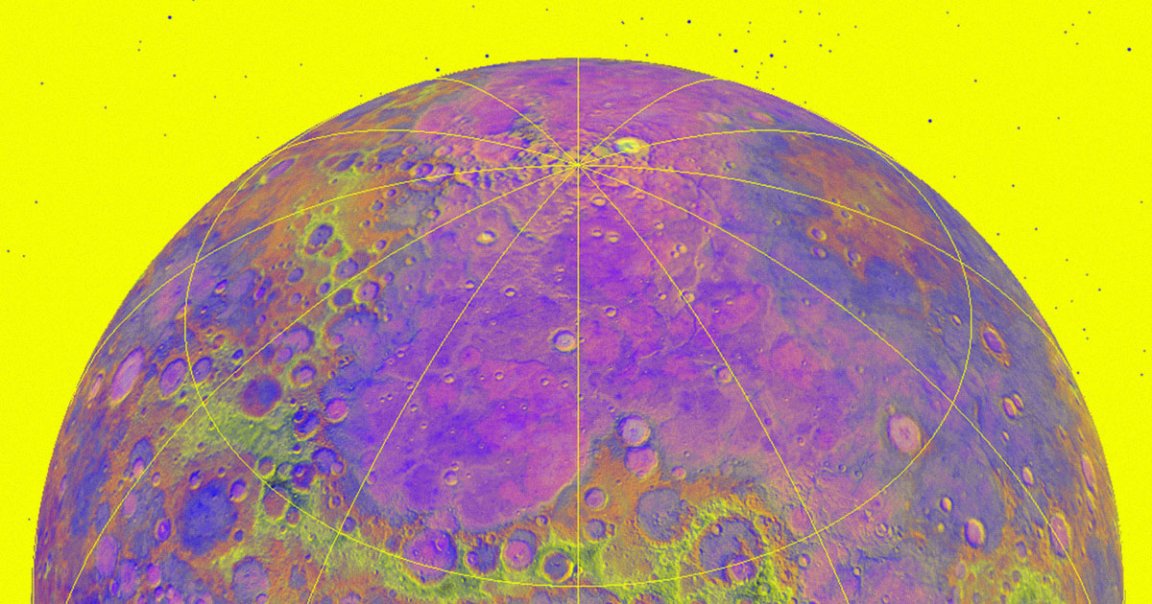
Mercurious
According to a study published last week in the journal Scientific Reports, there’s a minuscule chance that Mercury, our Sun’s closest neighbor, has all it needs to host life.
“It is possible that as long as there was water, the temperatures would be appropriate for the survival and possibly the origin of life,” co-author Jeffrey Kargel from the Planetary Science Institute told The New York Times.
Bubbling Up
In the study, the team of researchers suggest that the Mercury’s chaotic surface isn’t the result of earthquakes, as the prevailing theory holds. Instead, they argue, cracks in the surface are rather caused by volatiles — elements that can quickly switch from one state to another such as a liquid turning into a gas — bubbling up from below.
Volatiles such as water could provide an environment friendly to life underground — the surface itself is far too hot, heating up to around 800 degrees Fahrenheit during the day.
Not Completely Nuts
The idea of life on Mercury is still a long shot, but the researchers are hopeful.
“I thought [co-author] Alexis [Rodriguez] had lost it at some point,” Kargel told the Times. “But the more I dug into the geologic evidence and the more I thought about the chemistry and physical conditions there, the more I realized that this idea — well it might be nuts, but it’s not completely nuts.”
READ MORE: Life on the Planet Mercury? ‘It’s Not Completely Nuts’ [The New York Times]
More on Mercury: Mercury Is Every Planet in the Solar System’s Closest Neighbor